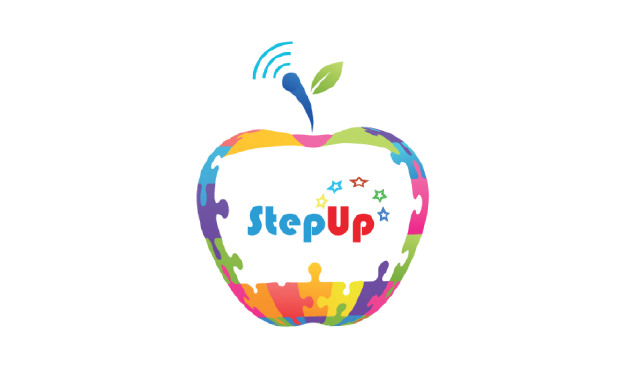Get Full Access to Grade 7 English Language and Arts - Skill Builder + ACT Aspire Rehearsal
Currently, you have limited access to Grade 7 English Language and Arts - Skill Builder + ACT Aspire Rehearsal. The Full Program includes,
Buy Practice Resources
 Online Program
Online Program
ARCHIMEDES
from Stories of Invention by Edward E. Hale
Archimedes was born in Syracuse in the year 287 B. C. and was killed there in the year 212 B. C. He is said to have been a relation of Hiero, King of Syracuse; but he seems to have held no formal office known to the politicians. Like many other such men, however, from his time down to Ericsson, he came to the front when he was needed, and served Syracuse better than her speech-makers. While he was yet a young man, he went to Alexandria to study; and he was there the pupil of Euclid, the same Euclid whose Geometry is the basis of all the geometry of to-day.
While Archimedes is distinctly called, on very high authority, "the first mathematician of antiquity," and while we have nine books which are attributed to him, we do not have--and this is a great misfortune--any ancient biography of him. He lived seventy-five years, for most of that time probably in Syracuse itself; and it would be hard to say how much Syracuse owed to his science. At the end of his life he saved Syracuse from the Romans for three years, during a siege in which, by his ingenuity, he kept back Marcellus and his army. At the end of this siege he was killed by a Roman soldier when the Romans entered the city.
The books of his which we have are on the "Sphere and Cylinder," "The Measure of the Circle," "Conoids and Spheroids," "On Spirals," "Equiponderants and Centres of Gravity," "The Quadrature of the Parabola," "On Bodies floating in Liquids," "The Psammites," and "A Collection of Lemmas." The books which are lost are "On the Crown of Hiero;" "Cochleon, or Water-Screw;" "Helicon, or Endless Screw;"
"Trispaston, or Combination of Wheels and Axles;" "Machines employed at the Siege of Syracuse;" "Burning Mirror;" "Machines moved by Air andWater;" and "Material Sphere."
What type of career might a person who reads Archimedes have?







